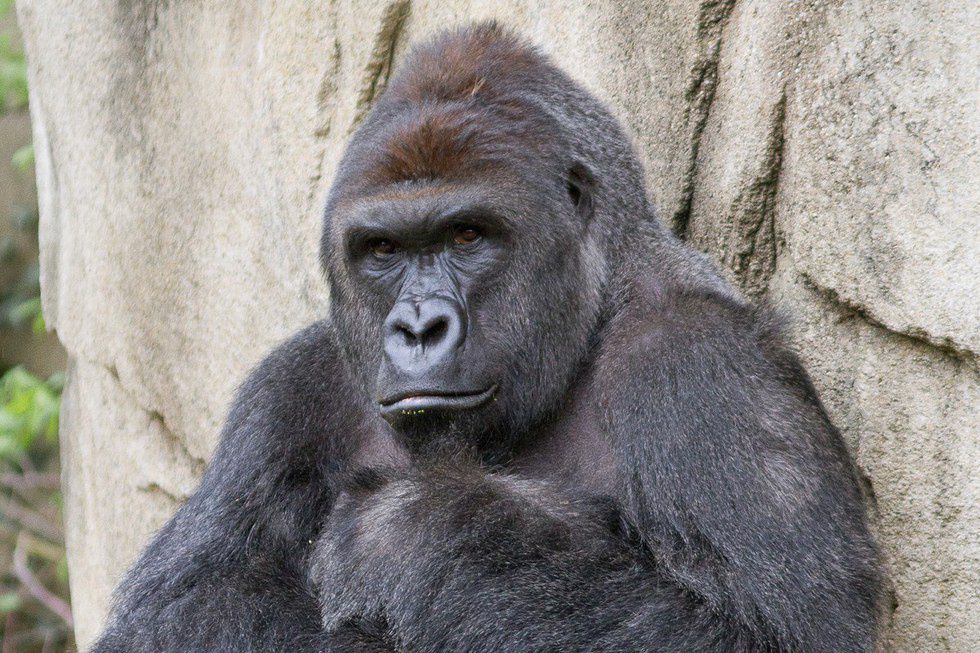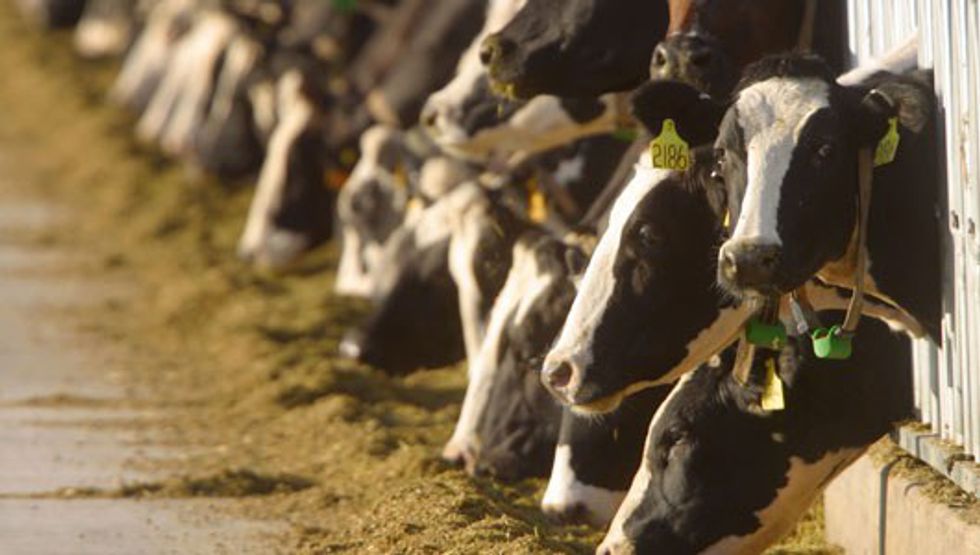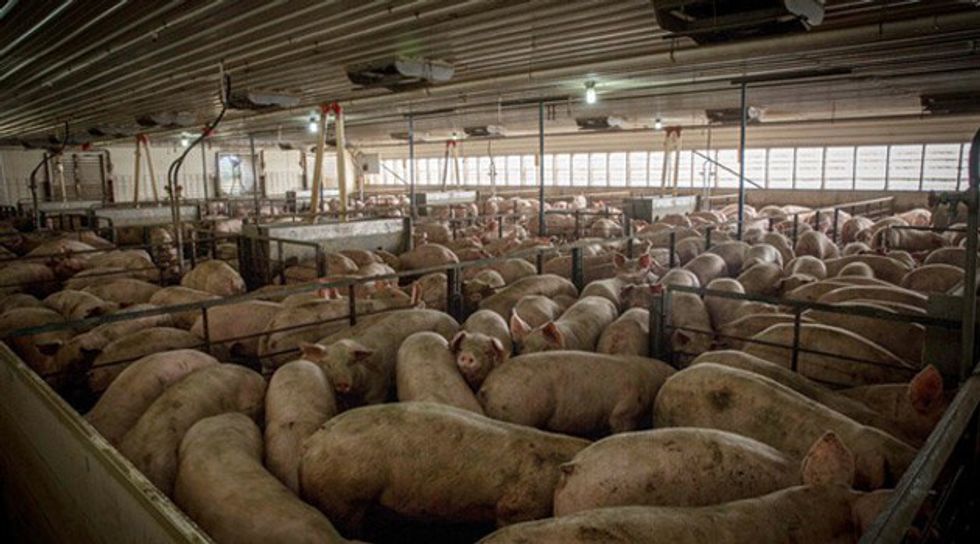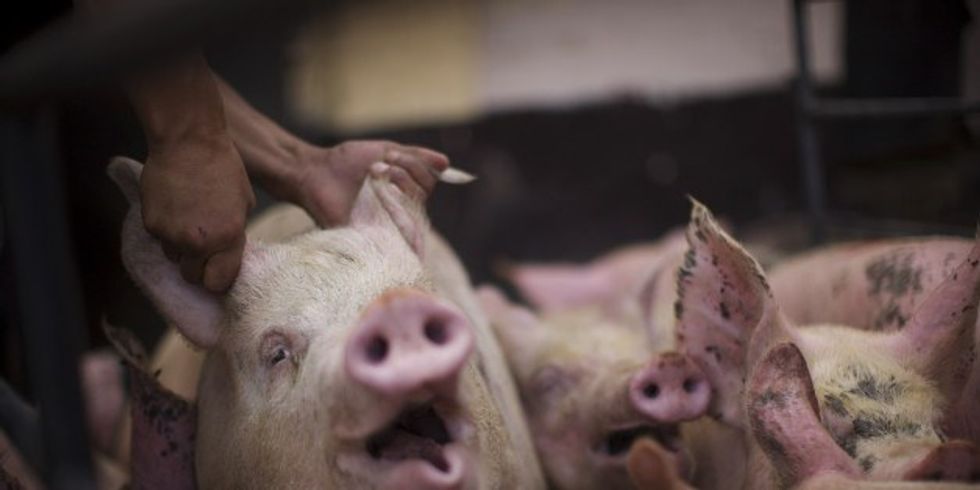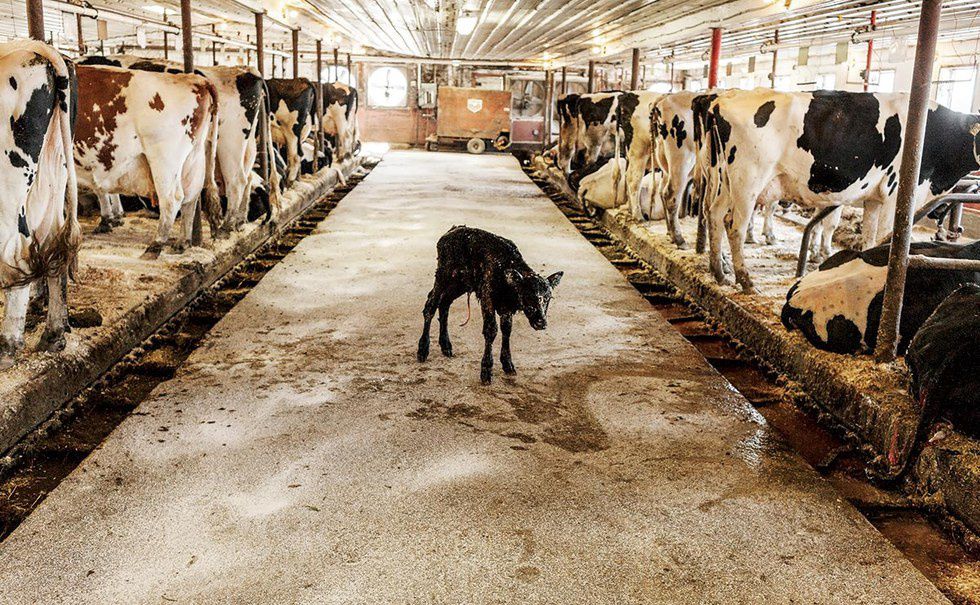Last week in the metropolitan area of Cincinnati, Ohio, a 3-year-old boy at the zoo entered the habitat of an endangered gorilla named Harambe. In order to ensure the safety of the child, officials of the Cincinnati Zoo shot and killed Harambe, allowing the child to escape from the enclosure without any serious damage done to him. Since then, arguments have been made regarding whether or not it was ethical to end the life of the gorilla despite the fact that the life of the child could have been in danger. Some experts argue that based upon the body language of Harambe and the typical behavior of gorillas that since the young boy appeared to be defenseless, he would not be harmed because he posed no threat. Others argue that since video evidence shows Harambe dragging the boy through water, he was planning to become violent with him, but there is no evidence proving those intentions. Regardless of which side an individual may choose to support in this unfortunate situation, it is clear the cases of animal rights are often brought up from time to time and spark outrage internationally.
For example, Cecil the lion created extreme controversy back in 2015 when Walter Palmer hunted and murdered the widely loved animal. While he was not charged with any crime as he technically did not break any law, he is no longer welcomed in Zimbabwe as a hunter. However, individuals across the globe remained furious because they could not understand why such a beautiful animal had to be murdered just for the purpose of entertainment.
Another example of outrage sparked by the mistreatment of animals is the boycotting of SeaWorld after the release of the movie "Blackfish." The movie was able to expose the mental strain of captivity on animals, convincing viewers that they did not belong there. The result of this outrage and the boycott was a statement released by SeaWorld that they will ultimately end the captive breeding of killer whales.
While it is astonishing what we as humans are able to do with our activism, one particular issue remains with those who become outraged by the treatment of animals. Once the media stops talking about the issue or once the issue appears to be solved, most people go back to their regular lives without any regard to the biggest victims of animal cruelty in the world.
Each year, more than 9 billion land animals die each year in the United States solely to produce meat, dairy and eggs. Globally, the number of deaths exceeds 70 billion. Doing the math, that's more than six million animals every hour. This does not even account for aquatic animals, who have an even higher death toll. This also does not account for animals who are victims to testing in laboratories for cosmetics, toiletries, etc. Not to mention, these animals are not quickly shot and killed like Harambe the gorilla or Cecil the lion. Cows raised for beef are often jammed into feedlots with thousands of other animals. They are often castrated, de-horned, and branded without the aid of painkillers. Cows raised for milk are also victim to confined areas. While injected with hormones, they are attached to milking machines. In order to maintain production, these cows are continuously impregnated on "rape racks." Newborn calves that are a result of this are removed from their mothers and slaughtered for beef or veal. Don't believe me? Take a look.
As for pigs, they are often kept in metal gestation crates which do not allow them to move. Just like cows, pigs are repeatedly impregnated. While piglets are allowed to be nursed by their mother for about two to four weeks, they are then castrated without anesthesia, placed in stacked wire caged and then fed synthetic milk. Once they are able to eat solid foods, they are transferred to crowded pens for six months until they are slaughtered. This is their entire life.
Chickens raised for eggs suffer a similar fate as well. Immediately male chicks (who cannot lay eggs) are ground up alive or dumped into plastic bags until they suffocate. Female chicks have the tips of their beaks seared off with a hot iron to prevent pecking. Just as cows and pigs, these chicks are crammed into wire-mesh cages and stacked on top of one another. At about 15 months old, they are fed a low-calorie diet which stresses their systems and increases egg production. Eventually, they are sent to slaughter. Chickens who are raised for their meat experience a similar situation, often subjected to horrendous conditions until they are sent to slaughter. The worst part is — this is all these chickens will ever know and most of them will never see daylight.
Animal rights groups exist, but the rest of the world remains entirely silent about this issue as they continue to support this type of exploitation of animals. While it's a great thing that so many people are rising up to defend animals such as Harambe the gorilla, I would like to make a point that it is hypocritical. To only care about the animals you see in the media but refusing to acknowledge the violent oppression of animals in factory farms is disgusting. You do not get to speak about animal rights when you contribute to animal cruelty on your dinner plate every single day.Why should the life of one animal spark so much controversy but the slaughtering of billions of sentient animals each year remains unnoticed? It should not, and it does not have to.
I am not suggesting that all of those who are fighting back against the unethical treatment of animals such as killer whales at Sea World or gorillas in zoos should stop their activism. What I am suggesting is that you broaden your activism to consider all animals — not just the ones you see on social media. Animals who are victims to the food and cosmetic industry are treated and murdered worse than any other animal you will hear about on television. The worse part is that this happens every single day. Change cannot happen overnight as it often does for animals who go viral in the media, but that does not mean we should not try. The change starts with acknowledging the treatment of these animals and that it is just as unethical as the treatment of Harambe or Cecil — and that it can stop. From there, we must be willing to fight back against these industries and their violation of animal rights. We can be the change we wish to see — the change that these animals wish to see.


